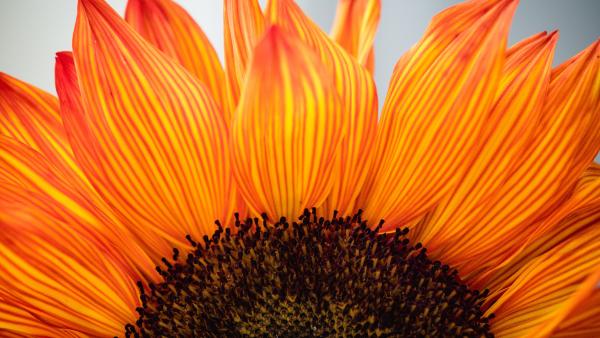"To The Best Of Our Knowledge" producer and interviewer Charles Monroe-Kane started hearing voices when he was a child. He became a child preacher once he thought God was talking to him.
Religion and Philosophy
Philosopher Alva Noe has a theory about art. He says art is like philosophy, and the best art is disorienting and uncomfortable. It takes you into a space you didn't even know was there.
Shulem Deen was a Skverer— a member of one of the most insular Hasidic sects in the U.S. Then he got curious about secular life and the world outside his small village in Rockland County, NY. The community branded him a heretic and expelled him.
Can science tell you how to "get happy?" This hour, the psychology and history behind the very idea of happiness.
Experts agree, gratitude is good for you. It lowers stress, increases happiness, improves physical health, decreases depression and even helps you sleep better. So while it's great to celebrate a day of Thanksgiving, you'll feel even better if you cultivate an attitude of gratitude...
Checking someone else’s privilege can be a form of hostility. Checking your own can be an act of humility. Does anyone actually benefit from talking about privilege? This hour, the benefits and drawbacks of talking about privilege.
As terrible as it sounds, most of us will go through something traumatic at some point in our lives. The experience can be deeply isolating and crushing, but it doesn't have to be.








